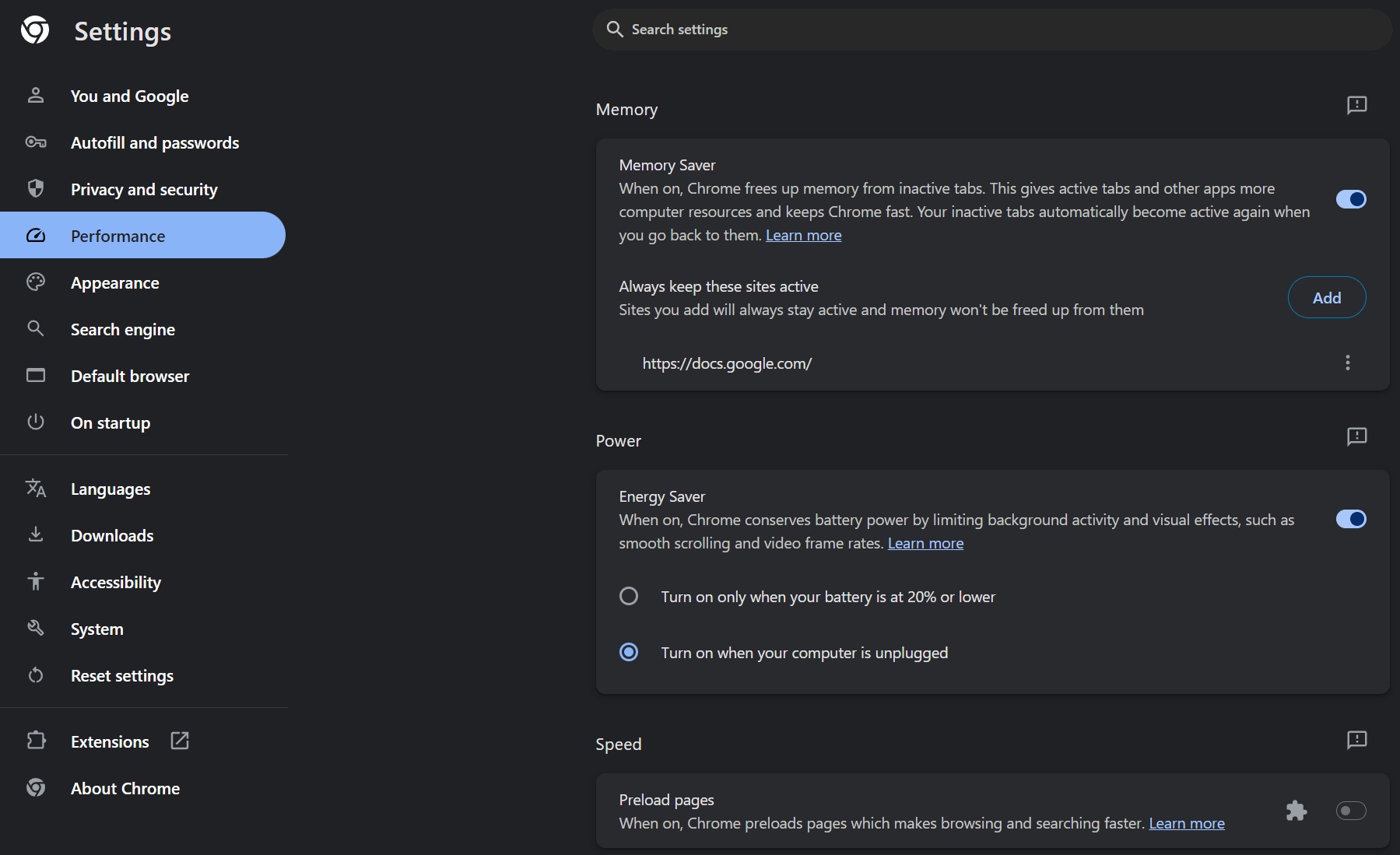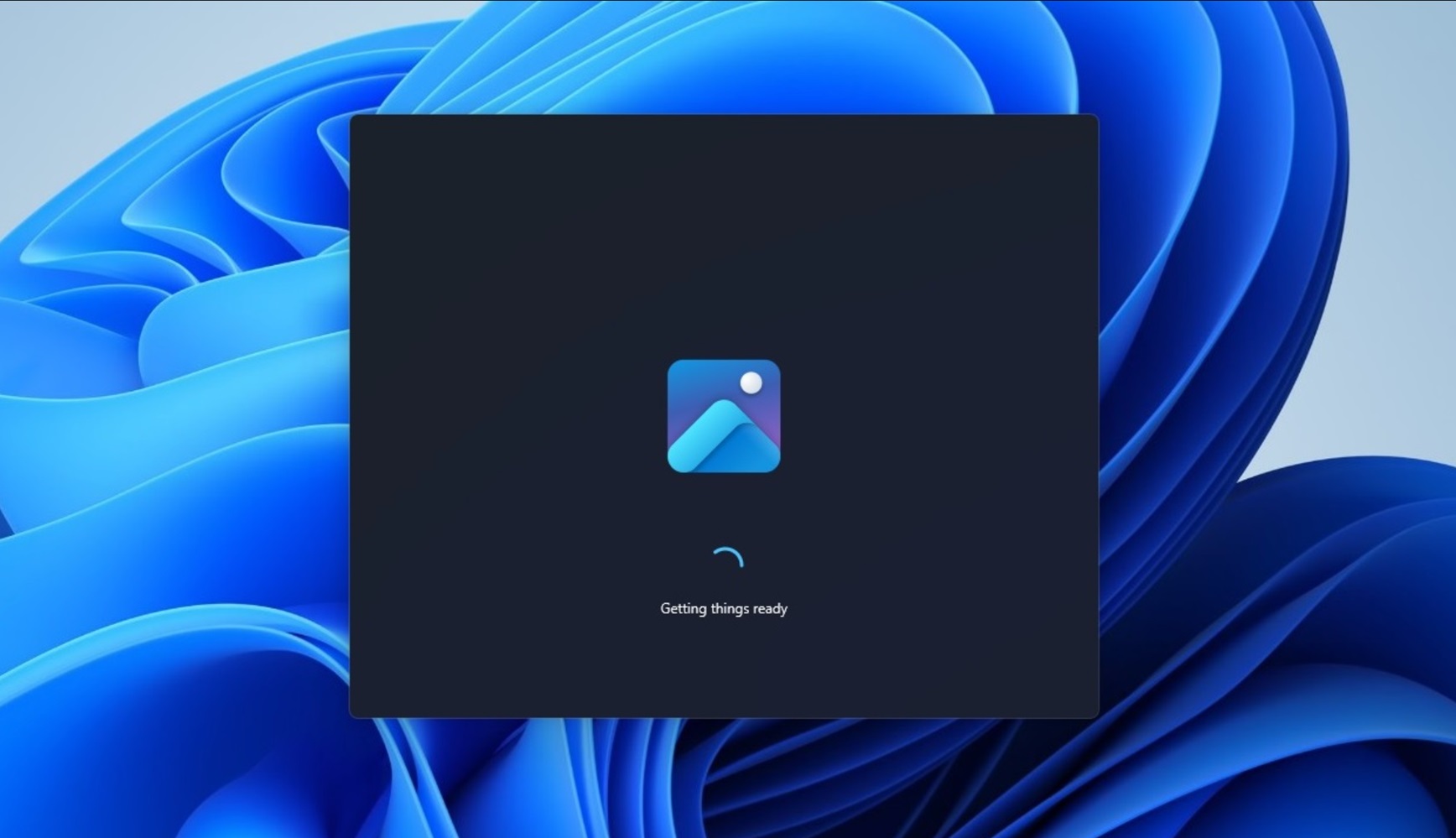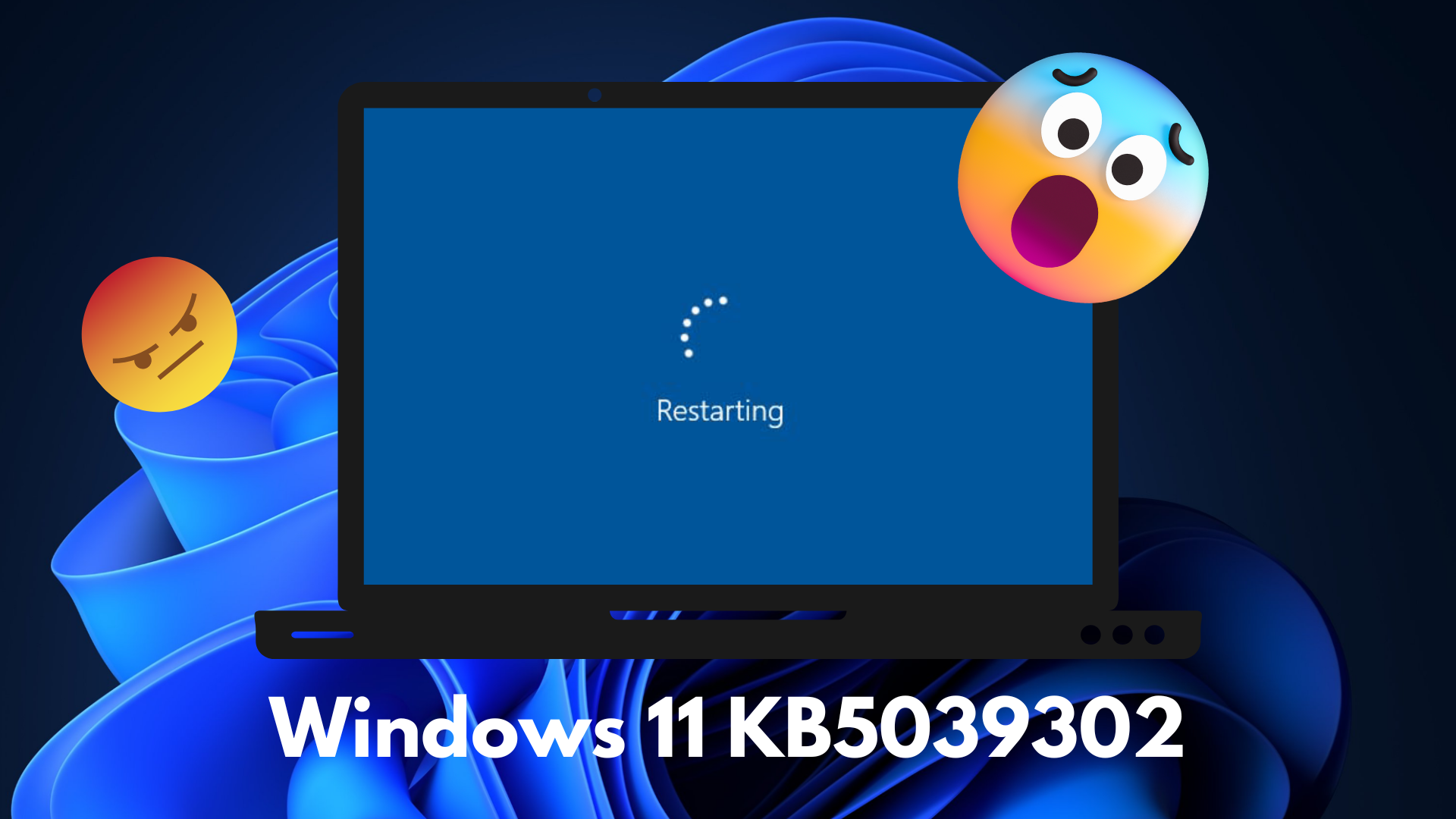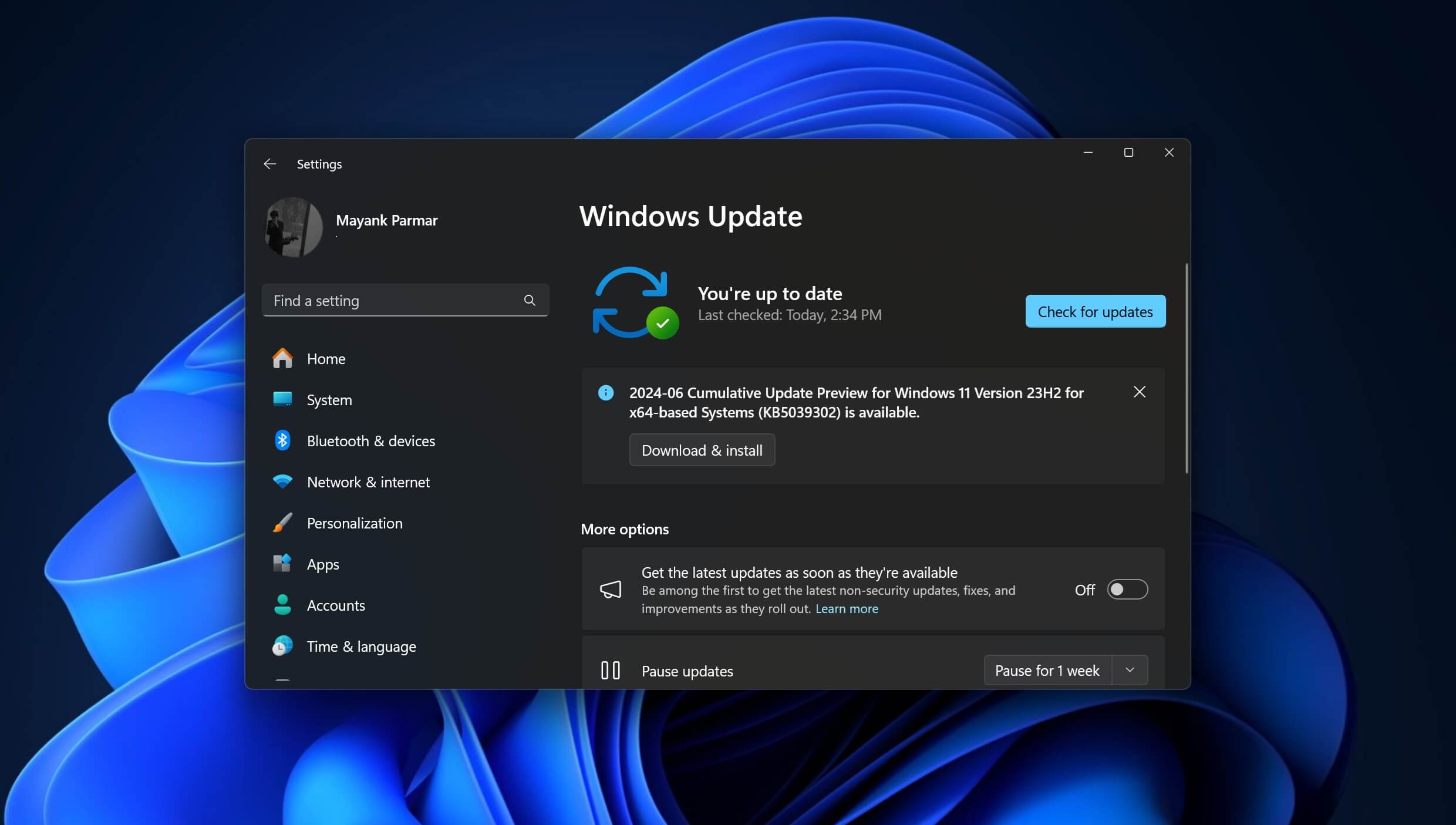Google Chrome to dump audio to save lots of battery on Microsoft Windows 11 and Microsoft Windows 10.

Chrome has a number of options to increase battery life and reduce useful resource utilization. The battery saver diminishes efficiency by fairly a bit however lets your work session last more. Now, Google Chrome is testing a way to dump audio to save lots of battery life on Microsoft Windows 11 (and Microsoft Windows 10).
Microsoft Windows Latest noticed the hints of the audio offload characteristic on a commit web page from June 14. The web page hinted at a characteristic that wouldn’t pressure the “audio offload on non-playback streams”. From there, we stumbled upon one other commit web page that claims to “add an experiment for audio offloading on Microsoft Windows.”

The concept of offloading audio isn’t latest. The problem was first flagged by Microsoft in 2019, and it mainly goals to scale back CPU utilization by permitting the {hardware}’s audio processor to handle the audio.
For instance, once you play a video, Chrome will now use the audio processor to deal with the audio request. At the second, the audio course of is dealt with by the CPU, however this modifications with the audio offload characteristic.
Microsoft Windows helps Hardware-Offloaded Audio Processing, and once you enhance the buffer dimension, the CPU can stay in an idle state longer.
Thanks to audio offloading, CPU utilization drops when enjoying audio in Chrome. This additionally saves the battery on 2-in-1s and laptops. However, integrating audio offloading alone isn’t sufficient because it additionally requires a tool with audio processor.
Google, Microsoft, and Intel have been engaged on offloading audio for a while now, and it seems just like the characteristic is sort of prepared.
You’ll have the ability to deal with the characteristic by turning on a flag known as “Audio offload for video streaming” in Chrome Canary. “This enables audio offload behind the flag only for streams with a latency tag set to kPlayback. For other latency types, audio offload will always be disabled,” Google famous.
In our exams, when Microsoft Windows Latest turned on the characteristic by the command line, we observed that the default buffer time is 50ms. Google warns that “Audio offload requires audio service to be at low integrity level,” so different individuals using Chromium ought to be certain the audio service is sandboxed when turning on this characteristic.
The characteristic remains to be within the experimental section at this level, and there’s no point out of a launch timeline. Since Edge makes use of the identical Chromium engine, it’s extremely doubtless that Microsoft will construct an identical characteristic for it.
Chrome and Edge share frequent options
After Edge added the Sleeping tabs characteristic to curb reminiscence wastage, Chrome added a reminiscence saver characteristic, which freed RAM from inactive tabs. You additionally get the Energy Saver characteristic in Chrome, which is tremendous useful when the device’s battery could be very low.


Edge has ample efficiency administration settings in Edge and even a Performance Detector within the browser. It is slowly gaining market share, which is commendable given Chrome’s jaw-dropping market share.
Check out more article on Microsoft Windows 11 , Microsoft Windows 10






Leave a Reply